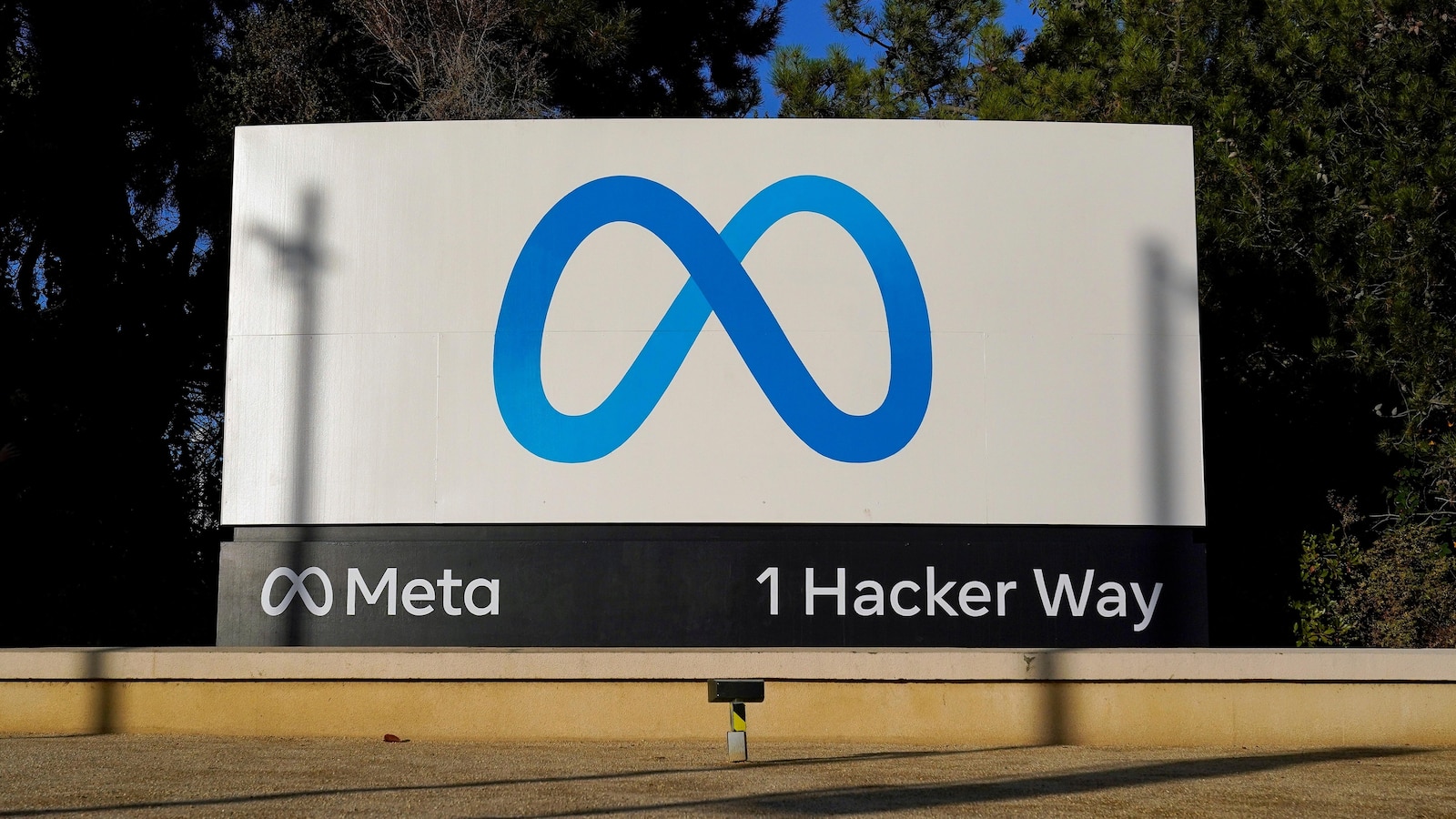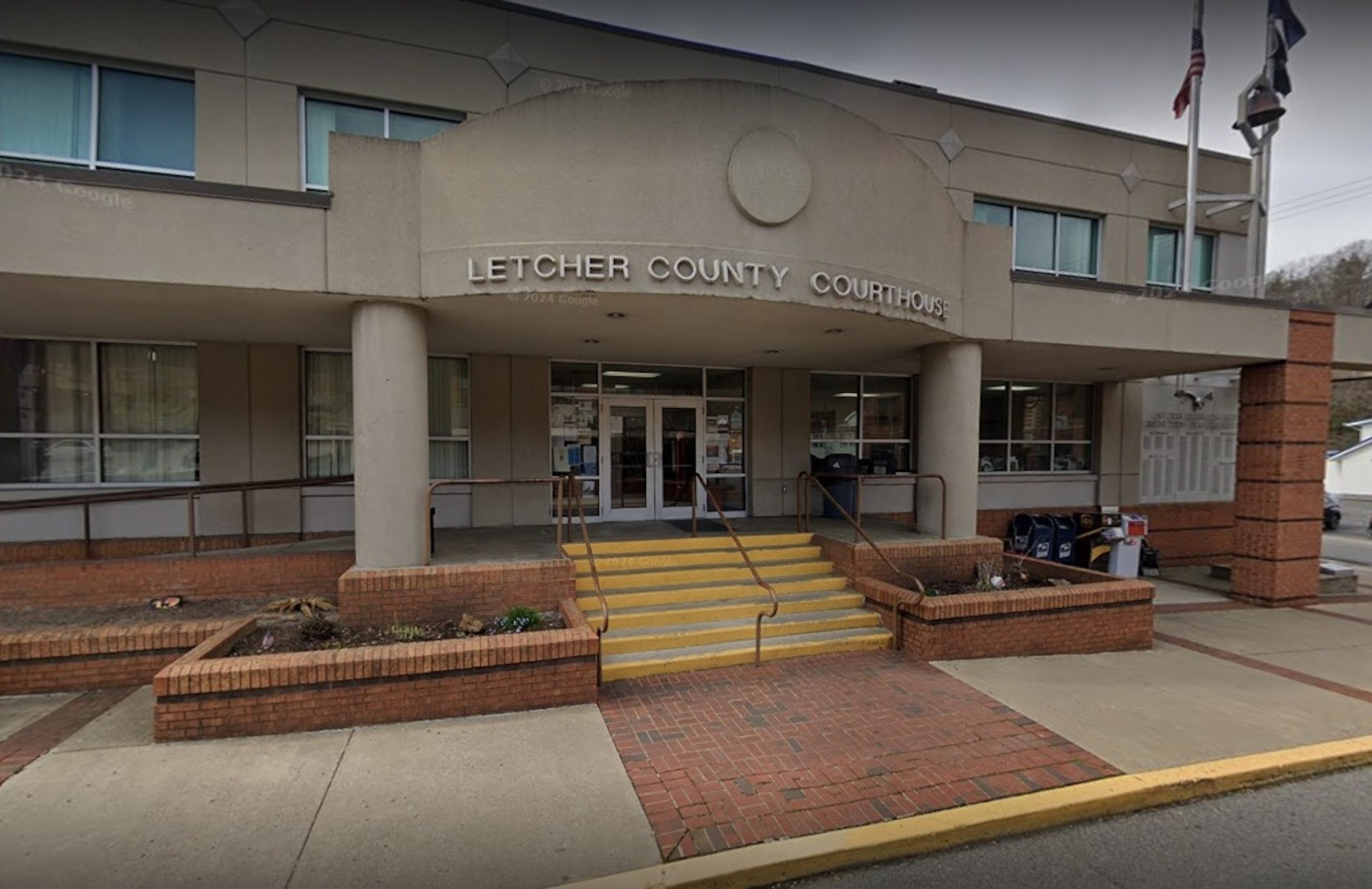
AUSTIN, Texas — Meta has agreed to a $1.4 billion settlement with Texas in a privacy lawsuit over claims that the tech giant used biometric data of users without their permission, officials said Tuesday.
Texas Attorney General Ken Paxton said the settlement is the largest secured by a single state. In 2021, a judge approved a $650 million settlement with the company, formerly known as Facebook, over similar claims of users in Illinois.
“This historic settlement demonstrates our commitment to standing up to the world’s biggest technology companies and holding them accountable for breaking the law and violating Texans’ privacy rights,” Paxton, a Republican, said in a statement.
Meta said in a statement: “We are pleased to resolve this matter, and look forward to exploring future opportunities to deepen our business investments in Texas, including potentially developing data centers.”
Filed in 2022, the Texas lawsuit alleged that Meta was in violation of a state law that prohibits capturing or selling a resident’s biometric information, such as their face or fingerprint, without their consent.
The company announced in 2021 that it was shutting down its face-recognition system and delete the faceprints of more than 1 billion people amid growing concerns about the technology and its misuse by governments, police and others.
At the time, more than a third of Facebook’s daily active users had opted in to have their faces recognized by the social network’s system. Facebook introduced facial recognition more than a decade earlier but gradually made it easier to opt out of the feature as it faced scrutiny from courts and regulators.
Facebook in 2019 stopped automatically recognizing people in photos and suggesting people “tag” them, and instead of making that the default, asked users to choose if they wanted to use its facial recognition feature.
The $1.4 billion is unlikely to make a dent in Meta’s business. The Menlo Park, California-based tech made a profit of $12.37 billion in the first three months of this year, Its revenue was $36.46 billion, an increase of 27% from a year earlier. Meta is scheduled to report its second-quarter earnings results on Wednesday.
Meta’s stock slipped $4.06 to $461.65 Tuesday, a decline of less than 1%.
___
AP Technology Writer Barbara Ortutay in San Francisco contributed to this report.
___
Lathan is a corps member for The Associated Press/Report for America Statehouse News Initiative. Report for America is a nonprofit national service program that places journalists in local newsrooms to report on undercovered issues.
Meta, formerly known as Facebook, has reached a $1.4 billion settlement with the state of Texas in a privacy lawsuit involving the use of facial recognition technology. The lawsuit, which was filed in 2018, alleged that Meta violated the state’s Biometric Information Privacy Act by collecting and storing biometric data without obtaining proper consent from users.
Facial recognition technology has become increasingly controversial in recent years, with concerns about privacy and potential misuse by companies and governments. Meta’s settlement with Texas represents one of the largest payouts in a privacy lawsuit involving facial recognition technology.
Under the terms of the settlement, Meta has agreed to implement new policies and procedures to ensure compliance with the state’s biometric privacy laws. The company will also pay $1.4 billion to settle the lawsuit, with a portion of the funds going towards compensation for affected users.
This settlement serves as a reminder of the importance of protecting biometric data and ensuring that companies obtain proper consent before collecting and storing such information. As facial recognition technology becomes more prevalent in our daily lives, it is crucial that safeguards are put in place to protect individuals’ privacy rights.
In a statement following the settlement, Meta acknowledged the importance of privacy and stated that they are committed to implementing measures to protect users’ data. The company also emphasized their ongoing efforts to improve transparency and accountability in their use of facial recognition technology.
The settlement between Meta and Texas highlights the growing scrutiny surrounding the use of facial recognition technology and the need for companies to prioritize privacy and data protection. As technology continues to advance, it is essential that regulations and safeguards are put in place to ensure that individuals’ rights are respected and protected.


